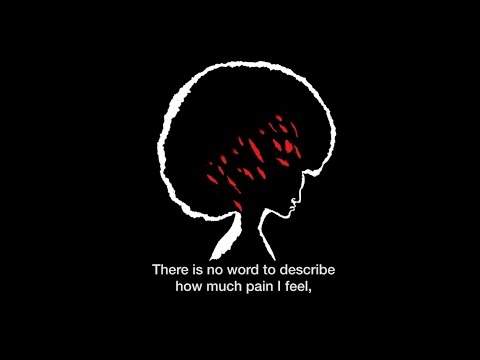What is addiction?
Addiction is defined as a compulsive use of substances despite the adverse or harmful consequences that have or can arise from their use. This general definition heavily relates to the use of drugs and alcohol, but addiction relates to a broader spectrum of potential activities and behaviours that people can engage in, in unhealthy ways. These other activities and behaviours include violence, sex, shopping and the internet.
Psychologists and neurologists are still doing research to establish the ways that addiction affects normal brain function impacting addicts’ judgement, decision-making, memory and behaviour control.
Causes
When we think of addiction, we typically think of the trajectory to addiction comprising of peer pressure, using ‘gateway’ substances, bad luck and stupidity. Less often do we consider the psychological and socio-economic factors that can lead people to addiction.
Addiction can manifest itself as an unhealthy and poorly managed/controlled impulse to do or use some thing which enables the addict to avoid dealing with or feeling something that is particularly difficult. For example, some people are addicted to work (referred to in jest as a ‘workaholic’) – work may be used as a means for the workaholic to avoid focusing their attention on their marital problems. Success in the workplace may become addictive because success in other areas of the workaholics life may seem unattainable with work seemingly the only source of satisfaction and gratification. In a similar way, a drug addict who uses heroin may use the substance to temporarily forget about and avoid the pain of losing a loved one. In the case of the drug addict, due to the physical, emotional and psychological impact of being heroin dependent, the majority of the addicts life is consumed with using or finding a means to use the drug; consequently, they have no time to feel or deal with the grief they have buried.
Addiction can also be described as ‘cyclical’ as many addicts experience a ‘come down’ or withdrawal when they can’t or don’t use or engage with the substance, behaviour or activity they’re addicted to. This unpleasant feeling leads to them engaging with whatever they’re addicted to again to feel better.
Effects
Specific addictions will impact addicts in various different ways – the workaholic or the person addicted to working out at the gym on balance will experience some positive effects from their addiction. However, addiction as it is generally defined above (encompassing all forms and manifestations of it) has general negative impacts.
⁃ it impacts the addicts ability to deal and cope with adversity and/or emotional/psychological difficulties: these are inevitable factors of life, however, the addict, whose coping mechanism is to turn to something instead of working through the issue at hand, never actually resolves much.
⁃ an inability to be at peace and a tendency to boredom: part of addiction is an inability to be at peace and quiet ones mind. Essentially, the addict struggles to be ‘quiet’ with themselves and are generally looking for the next distraction to avoid the discomfort that unresolved emotions and issues present. This is unhealthy, draining and wreaks havoc on the nervous system
⁃ one addiction usually leads to a series of addictions: most addicts find themselves addicted to several things, or one thing after another in succession. This happens for a host of reasons – the addict requires more stimulation, they find that one addiction is unsustainable and move on to another out of necessity, or more intense and heightened trauma requires a more extreme substance, behaviour or activity to bury it
⁃ dysfunction: a central feature with any addiction is a lack of healthy functioning. Somebody who is addicted to the internet for example, may spend a lot of time in isolation engaging in that activity. Their addiction to being on the internet may impact their ability to have a healthy sleep pattern, maintain relationships and friendships, and hold down job.
Managing addiction
There is no easy formula or guide to managing and treating addiction, however the road to management and treatment can only begin after acknowledging the issue.
Different addictions require different types and combinations of treatment and management methods, for example, somebody addicted to heroin would typically require a methadone script, some form of therapy to address other mental health problems that may exist, and help maintaining a functional routine that’ll make room for activities that can make for a more fulfilling life, whilst somebody addicted to sex may only need therapy to address the underlying issues manifesting as an unhealthy relationship with sex.
More generally, addiction can be identified as temporary relief to cope with a feeling or emotion that an addict does not want to or feel they cannot deal with. Therefore, acquiring the tools to unpick particular feelings and emotions, and addressing the ways in which you have coped so far in a safe space, is usually a great starting point applicable to all forms addiction may take. In doing this, an addict is able to recognise when they are opting to ignore a feeling or emotion and use a substance, activity or behaviour to cope. After time, unpicking and acknowledging particular emotions and feelings may help the addict feel less so that they need to numb or escape feelings that cause pain. With that being said, some addictions have strong physical withdrawal symptoms that will need to be addressed more immediately.
Services that can help with acknowledging and working through addiction:
https://www.talktofrank.com
https://www.actiononaddiction.org.uk
https://www.alcoholics-anonymous.org.uk
https://ukna.org
http://www.workaholics-anonymous.org
https://www.ukat.co.uk/internet-addiction/



